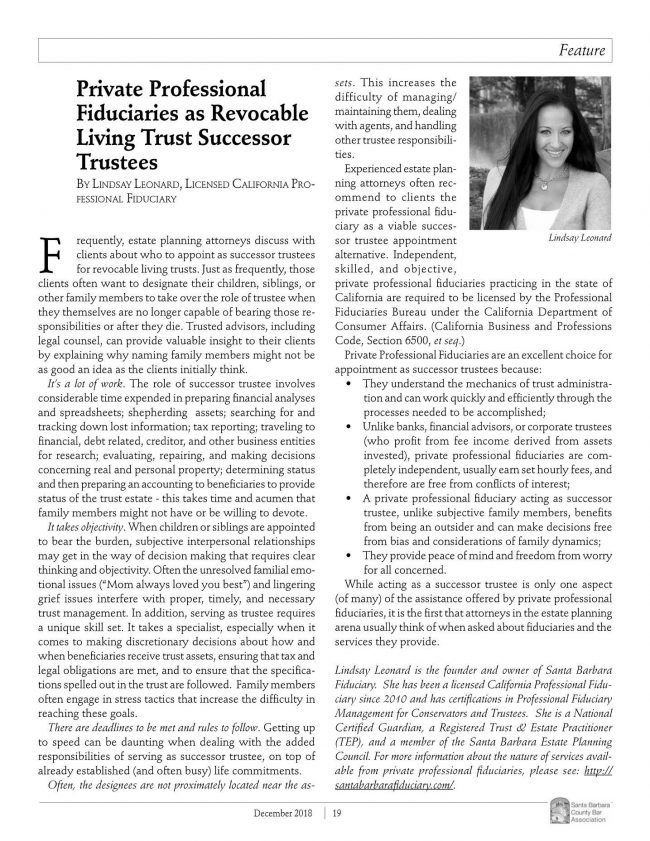Dirty Secrets About Annuities
When you visit your financial advisor, you trust their competency and ability to maintain and grow your hard-earned money. You rely on these investments to provide for your retirement, and every dollar counts when planning to live on a fixed income. But what if your financial advisor does not disclose that they collect a higher fee based on an annuity account you may not benefit most from? How do you know if annuities are a right fit for your portfolio? Here are the dirty secrets about annuities.








